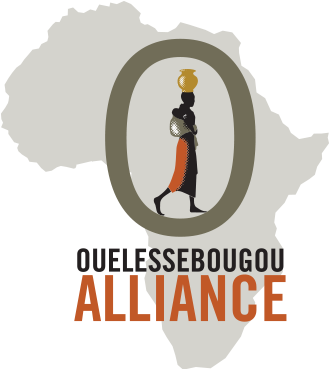
Support Internally Displaced People
“A refugee is someone who survived and who can create the future.”
– Amela Koluder
Emergency Relief for Internally Displaced People
Internally Displaced People (IDP) are a vulnerable population similar to refugees as they are both forcibly displaced from their homes due to unsafe condition such as terrorist activities.
However, unlike refugees, IDPs do not migrate to across national borders, they stay within their home country.
Incorporating Internally Displaced People
In 2020, Ouelessebougou Alliance began providing Emergency Relief in the form of food like millet and corn to IDP settlements. This food allows families to bridge the gap as they establish themselves and begin to plant gardens and develop their own economic endeavors.
In 2021, we partnered with Latter-day Saint Charities to provide three clean-water wells for Sounsounkoro and the two IDP settlements on either side of the village. In early 2023, thanks again to the Latter-day Saint Charities partnership, four new clean-water wells will be installed in Siman & Djokalan villages as well as their IDP settlements.
In 2022, we also began including the IDP communities in our Healthy Village Workshops - allowing them to better establish themselves and begin planning for their future in building communities that are healthy and safe places. We will continue our emergency food relief efforts and water projects as the IDPs strengthen their own communities.
Why are IPD specific initiatives important in Mali?
Internally Displaced People have great health risks.
IDPs often live in poor physical conditions, which may result in an increase in diseases like measles, malaria, diarrhea, and respiratory infections. They also have limited access to health care. This can lead to an increase in chronic diseases that normally could have been prevented.
For female IDPs, there are many reproductive health concerns. Due to lack of availability, many women cannot obtain the reproductive care they need. As a result, maternal and infant death rates tend to rise amongst female IDPs.
Through our programs we are able to provide emergency relief and incorporate them into our long-term projects so they can begin building their own sustainable future.





